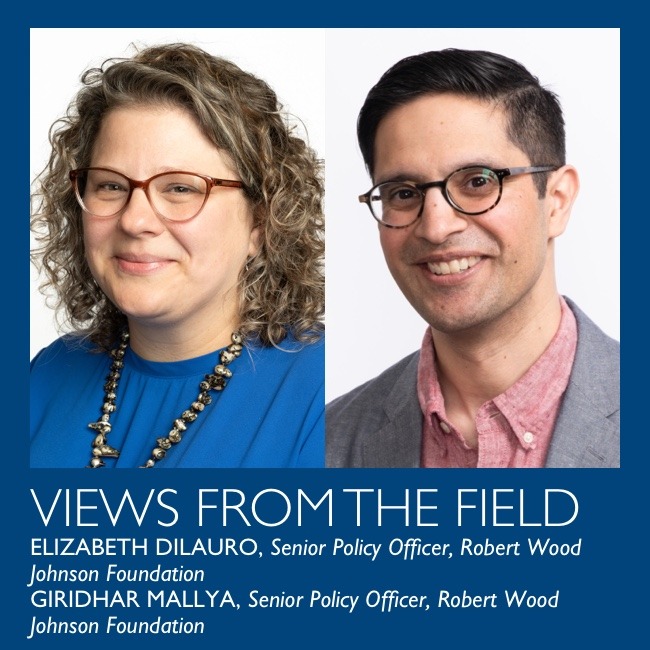Make Our Children Healthy Again Strategy Report
This resource provides an overview of the Department of Health and Human Services report on children’s health released on September 9, 2025.
Department of Health and Human Services Reorganization and Reductions: Explaining the State of Play
This issue brief provides an overview of the current status of the reorganization and Reductions in Force (RIF) at the Department of Health and Human Services (HHS) to help funders understand the impact on their work and engage in the current policy landscape.
A Foundation Helps Launch a FQHC
For the past decade, free-market thinking has all but dominated the national discussion of health care. New kinds of coverage have resulted, including health savings accounts, along with new players in delivery, like the urgi-care clinics at Wal-Mart.
Nurse-Managed Health Centers
Safety-net providers are an essential source of health care for vulnerable populations, including the uninsured, the underinsured, and undocumented immigrants. Cuts in Medicaid funding further threaten this already fragile infrastructure. Policymakers, advocates, and foundations can all play a role in shoring up safety net providers.
Availability and Use of Local Health Data
Public education, advocacy, and community-based programs can be very powerful vehicles for improving health. There is growing recognition that such efforts are most effective when driven by specific information about communities.
Improving the Quality of Health Care for All Americans
Ensuring access to quality health care is one of the major goals of The Robert Wood Johnson Foundation (RWJF), as is improving the quality of health care for people with chronic conditions. Working toward this goal means that we must eliminate the unacceptable gaps in health care experienced by racial and ethnic minorities.


